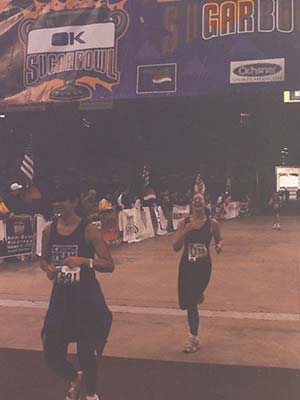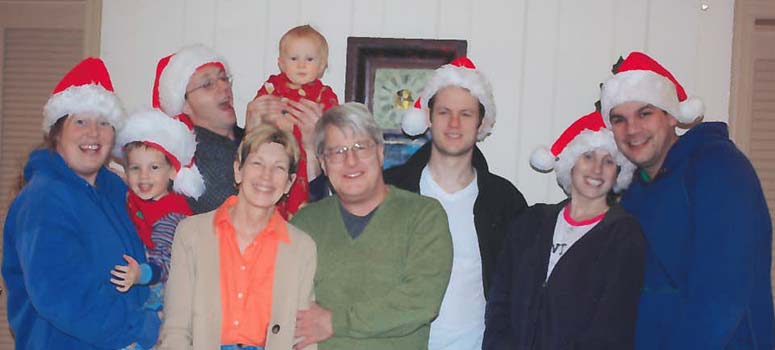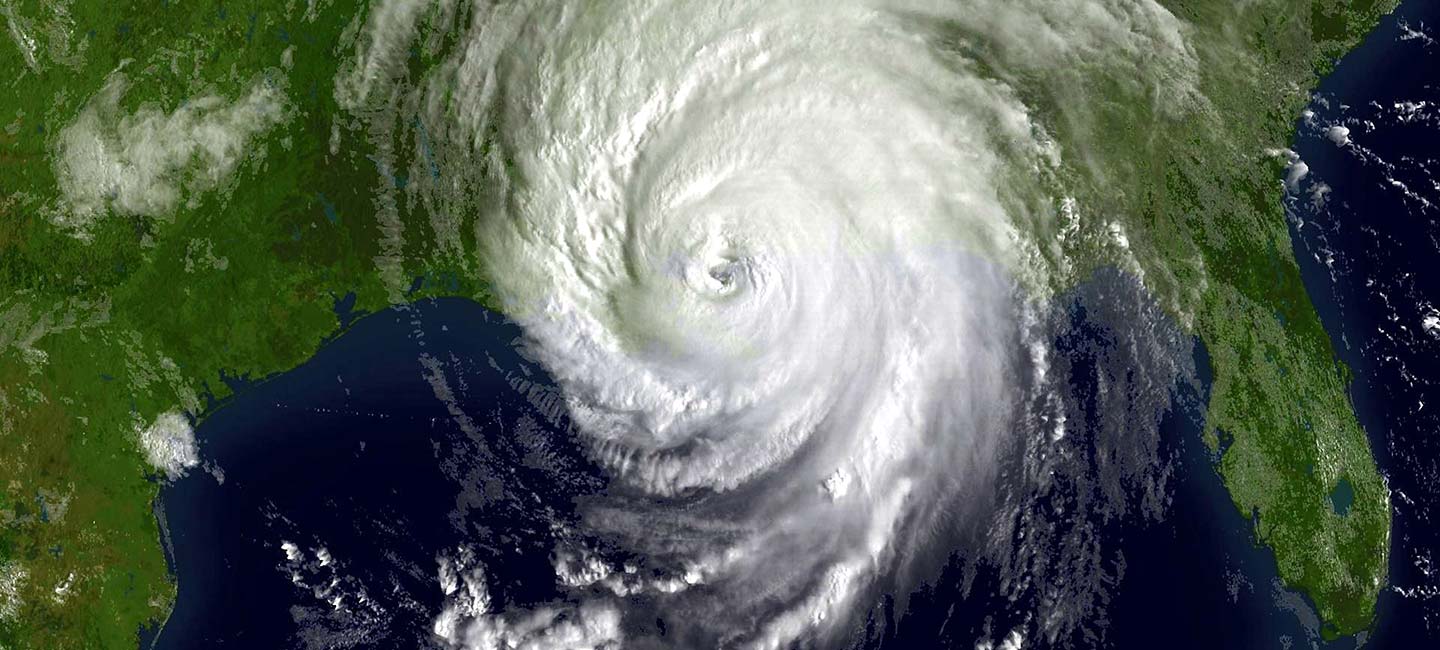Moffitt Scientist Recalls Hurricane Katrina Devastation
Sixteen years after Hurricane Katrina devastated New Orleans, Dr. Margaret Park still remembers the events leading up to the day. In August 2005, she had just graduated from Tulane University and was working to finish some research experiments while applying for postdoctoral fellowship positions.
“There was a lot of national news about the storm coming straight to New Orleans, but New Orleanians were generally blasé about hurricanes and used it as an excuse to party,” Park recalled. “Most of my friends were planning to stay in the city or evacuate a bit more inland. I don’t remember any initial sense of urgency.”
Park, a South Carolina native, had lived through several hurricanes, which never amounted to much. She and her friends thought the same would be true for Katrina. At the time, she lived off campus and was advised to evacuate immediately.
“My first response was one of annoyance,” Park said. “I had just finished synthesizing a chemical I needed for my experiments in the lab. The chemical was radioactive and would degrade very quickly if not used right away. If I left, I would have to start the experiment over and that would take weeks.”
Park planned to ride out the storm at Tulane Medical Center since the building had backup generators that would allow her work to continue. It wasn’t until her mother pleaded with her to evacuate that Park changed plans.
“When my mom called, she was adamant that I leave,” Park said. “She asked me to look at the radar and when I did, the storm filled the entire Gulf. It was huge! She convinced me to come home.”

Margaret Park crosses the finish line at the 2001 Nokia Sugar Bowl Mardi Gras Marathon.
About 10 hours before the storm was expected to make landfall, Park packed three outfits, a pair of running shoes, and a pillow and hit the road, but it was difficult to get out of the city.
“It was pure chaos and bumper to bumper traffic,” Park recalled. “It took almost 24 hours to drive to my parents’ house in South Carolina, a trip that generally takes about 12 hours from Louisiana.”
Hurricane Katrina devastated the Gulf Coast on Aug. 29, leaving behind a trail of destruction in her path. Though Park made it out of New Orleans safely, she never returned to classes at Tulane.
“I was able to go back a few months later to pack up what was left of my belongings,” Park said. “I eventually began a fellowship at Virginia Commonwealth University in November of 2005 where I completed my degree.”
Today, Park works as an applied scientist in Biostatistics and Bioinformatics in Moffitt Cancer Center’s Gastrointestinal Oncology Department. Though it’s been nearly two decades since the powerful storm ripped through the Gulf, Hurricane Katrina left a lasting impact on her life.
“I never got the closure of saying goodbye to some of my friends,” Park shared. “Getting a PhD in science is a grueling experience and the bonds you form with other students going through the same process is pretty strong. The severity of the storm was very unexpected, and we all planned to return after a few days. I missed them greatly and felt disappointed that I didn’t get the chance to celebrate their graduations or defenses.”

Margaret Park celebrates Christmas with her family in South Carolina.



